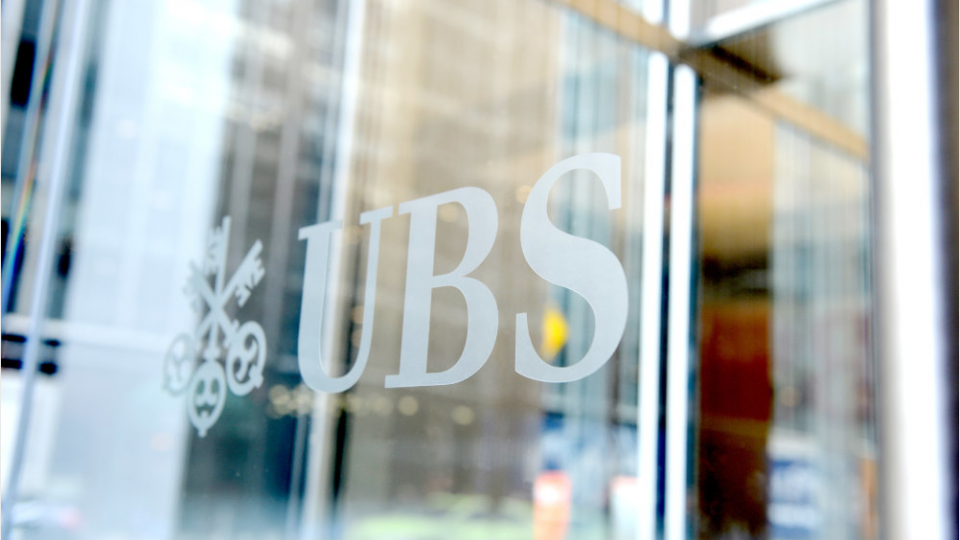
Climate aware solutions are within reach, according to Jonathan Gregory, Head of Fixed Income UK at UBS Asset Management.
Confronting the immense challenge posed by climate change, the enormous effort needed to avert disaster and the companion feelings of helplessness, is there any reason for optimism? Yes. There is.
Time-travel to London on a typical winter's day any time between 1800 and about 1960 and one phenomenon would amaze you – dense fog. The so called 'pea-soupers' were so much a part of London life that, even today, no imagining of a Sherlock Holmes mystery or Charles Dickens novel is complete without them.
Depending on your mood, it probably shapes your view of London as primordial, mysterious or romantic even. But in reality only one adjective will do – deadly. Put aside your notions of a London shrouded in eerie grandeur and mystery. That 'fog' is a thick, greasy, toxic smog miasma of carbon dioxide, various acids, diesel, coal soot and fluorine compounds. Incredibly, the foul smelling and toxic smog was a feature of London from the start of the Industrial Revolution until the mid-20th century. But matters came to an appalling peak with the 'Great Smog' of December 1952. Over four days, very cold weather combined with usual ghastly levels of pollution to herald disaster.
As the fog rolled in, London was shut down; visibility collapsed so drivers could not see more than a couple of meters, in some parts of the city pedestrians could not see their feet, schools and businesses closed and hospitals were overwhelmed. And, most tragically, the smog had become a deadly poison. Between four and twelve thousand people died through its effects.
A lesson for the future?
But, in a message of hope for today, the harsh reality of the crisis was the trigger for aggressive action. The solution was multi-layered and engaged everyone; governments, consumers and businesses. A ban on certain fuels, changing consumer behavior (coal was the main source of power for many homes), investment in new technology including electric heating and gas boilers as well as legislation (the Clean Air Act of 1956 that enforced some of these things).
Two other points are notable for today; in the midst of the crisis, some officials at the highest levels of government doubted change was needed – even citing the smog as the price of progress. Happily, for today's Londoners common sense prevailed over the cynics. Secondly, it took time for positive results to be fully apparent. A deadly smog claimed hundreds of lives in 1962. But the worst was over.
This is not to dismiss the challenge we face now – far from it – it's massive. To this day, London and many other cities globally endure unacceptable levels of pollution, despite a short-term improvement in pollution levels due to lockdown amid the COVID-19 crisis. The problems of climate change persist on a monstrous scale.
But we must be hopeful that the path towards real action is clearing, and indeed looks rather like the route we followed before; awareness, behavioral change, policy engagement, investment and technology will be our way-makers on the path to a better world. Clearly investors and asset managers have a crucial role to play; UBS-AM recently published a white paper on ways we believe capital may be mobilized to help meet climate change goals. You can read it here.
We are committed to moving sustainability beyond a niche investing activity. Embedding Environmental, Social and Governance (ESG) criteria at the core of the investment process and credit assessment leads to better informed investment decisions and better risk-adjusted returns across all our strategies.
This is obviously not an endpoint; our sustainable offering will be constantly updated and expanded as societies work ever harder to deploy effective climate change solutions. The challenges are still enormous, and success is by no means guaranteed. In fact right now success seems the least likely outcome; only the most deluded would imagine that the path of human history guarantees climate change doomsday can be avoided. But the most valuable commodity today may simply be optimism; coupled with determination and commitment to act now.
Here you'll find the full report: 'Can fixed income investors act effectively on climate change? Yes we can' from UBS Asset Management.
